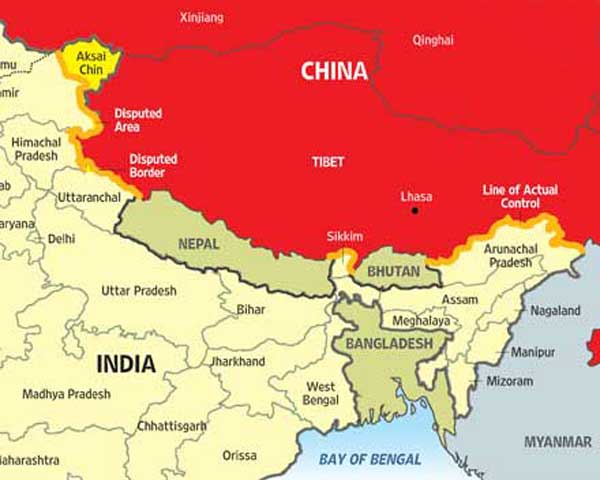In response to China’s assertion that the border situation is stable and the time is ripe for bilateral exchanges, the Foreign Minister has dismissed Beijing’s attempt to conflate two distinct issues. It is clear that resolving the overall boundary question would require time, whereas maintaining peace and tranquilly at the border is the minimum requirement for advancing the relationship. India has consistently emphasised that Sino-Indian ties cannot return to normalcy until progress is made in the disengagement process in eastern Ladakh. The Government views China’s forward deployment along the Line of Actual Control (LAC) in the region, which violates bilateral agreements on border peace, as the primary concern that Beijing must address separately from the broader border dispute.
China’s actions have undermined mutual trust with India in several ways, way beyond the normal course of action. China’s deployment of a large number of forces along the Line of Actual Control (LAC) in 2020, in violation of bilateral agreements, has raised serious concerns. This aggressive and unprovoked move has resulted in clashes and fatalities, eroding trust between the two countries. China’s repeated failure to adhere to the agreements reached between the two countries to maintain peace and tranquilly on the border has further strained mutual trust. By disregarding these agreements, China has demonstrated a lack of commitment to the principles that underpin the bilateral relationship. China’s lack of transparency in sharing information about its military activities along the border has deepened suspicions and created an atmosphere of uncertainty. This lack of openness undermines trust and makes it difficult for India to have confidence in China’s intentions. China’s use of economic coercion tactics against India has further damaged mutual trust. These actions demonstrate China’s willingness to exploit economic ties for political leverage, undermining the trust that is essential for a healthy bilateral relationship.
India sees China’s forward deployment along the Line of Actual Control in violation of bilateral agreements as a major concern. The Government believes that China must address this issue and uphold the agreements on border peace rather than conflating it with the broader border dispute. Without a resolution to the Ladakh issue and the restoration of peace and tranquilly along the border, the Government deems it unrealistic to proceed with business as usual in other aspects of the bilateral relationship. India’s stance is clear: resolving the immediate concerns in Ladakh is a prerequisite for moving the relationship forward.
As far as Indo-US relations go, it has nothing to do with recent Sino-India relations. The geopolitical landscape is complex, and countries make choices based on a multitude of factors, including economic considerations, security concerns, and diplomatic relations. India, as a regional power, engages with countries in the region and beyond to foster cooperative relationships and address shared challenges. While there may be instances where India and China compete for influence in certain countries, it is not uncommon for nations to pursue their interests through diplomatic, economic, and strategic means. It is natural for countries to seek the best technology and explore business avenues that align with their national interests and economic growth. As sovereign nations, they have the right to pursue partnerships and collaborations. Pakistan and China are all-weather friends, even on terrorism issues at the UN, and China has expanded its influence to India’s other neighbours like Nepal, Sri Lanka, and Bangladesh. The Indo-US relationship, like any other bilateral relationship, is shaped by a range of factors, including shared values, geopolitical considerations, economic opportunities, and technological advancements. The world is a global market now, with each country exploring what is best for their nation. India’s conditional approach underscores its firm stance on the need for China to address the border issue and restore trust. Relations have to be maintained based on equality. Until progress is made on these fronts, it is unlikely that India will consider a return to normalcy in its relationship with China.


